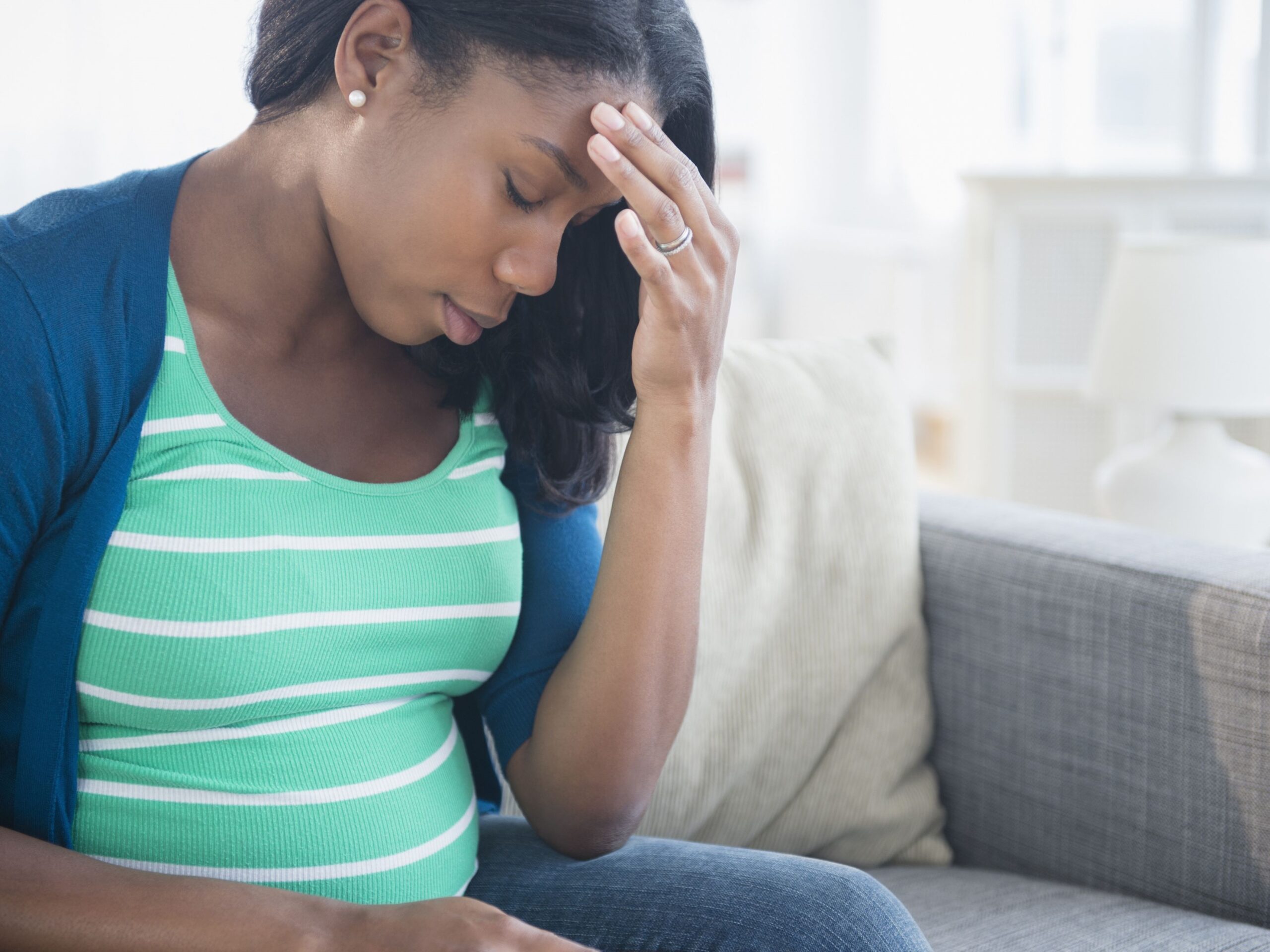Pregnancy Loss And Awareness Month: What You Need to Know About Miscarriages
Share

A miscarriage is the loss of a pregnancy before twenty weeks, also known as a sudden or early miscarriage, a natural miscarriage, or a chemical pregnancy. Whether you call it a miscarriage or something else doesn’t matter—nobody likes losing a baby. Most miscarriages are not an outcome of anything you did or didn’t do, yet most are unaware of that and languish in guilt, shame, and sadness over something they have little to no control over. Here are all the things you need to know about miscarriages.
Why do miscarriages happen?
There are many different ways a miscarriage can happen; however, in most cases, the fetus stops developing, resulting in the body expelling it. Miscarriages are more common in the first trimester because that’s when most pregnancies are at an early stage of development. The risk decreases as the pregnancy progresses.
What other things can cause a miscarriage?
Chromosomal abnormalities in the embryo can be a defining factor in the instance of a miscarriage. Given that, scientists believe that miscarriages happen by chance. However, several other things can increase your risk of having a miscarriage:
- Age
As you get older, your chances of having a miscarriage go up. Most studies put the risk at 35% for women aged 35-40 and 80% for women over 40.
- Body issues
These include lupus, diabetes, thyroid issues, autoimmune disorders, being overweight or underweight, and leading a generally unhealthy lifestyle.
- Health conditions
Some conditions can heighten your risk of miscarrying, for example, herpes, certain STDs, or uncontrolled thyroid disease. Diseases in the mother can also be passed down to the baby.
- Medications
Certain medications increase the risk of a miscarriage, including those prescribed for epilepsy, mental health, heart disease, and cancer.
Helping your body heal after a miscarriage
No matter how early in your pregnancy the miscarriage occurred, take care of yourself physically and emotionally. For most women, the miscarriage itself is not painful, but the cramping or contracting of the uterus can be. You can take pain relievers or use a warm patch to help with the cramps. There are also other things you can do to help your body heal:
- Make sure you get enough rest.
- Eat healthy foods to help your body recover from the loss.
- Consider talking with a mental health professional if you feel you need extra help processing the experience.
- Get acupuncture or massages to help your body relax and bleed the stress or negative energy.
- Stay hydrated.
- Don’t feel pressured to make any big life decisions right after a miscarriage. You may be dealing with different feelings like sadness, disappointment, anger, or guilt. Everyone copes with a miscarriage differently and at their own pace.
When can you try to get pregnant again?
This is a personal decision, and everyone heals and grieves differently. Waiting a minimum of six weeks to allow your body time to heal is usually recommended if you’ve had multiple miscarriages. Your provider may suggest monitoring your hormones to see if there’s a pattern and treating the underlying issue, such as a low number of eggs or poor-quality embryos. A genetic test to scan for abnormalities in the chromosomes of your embryos before implantation may also be an option.
If you had a very early miscarriage, you might be able to try getting pregnant again right away. However, there’s no set timeline.
Experiencing a miscarriage can be painful to deal with, both emotionally and physically. That’s why it’s vital to understand miscarriages, how to deal with them, and to recognise the symptoms so you can get the help you need.




